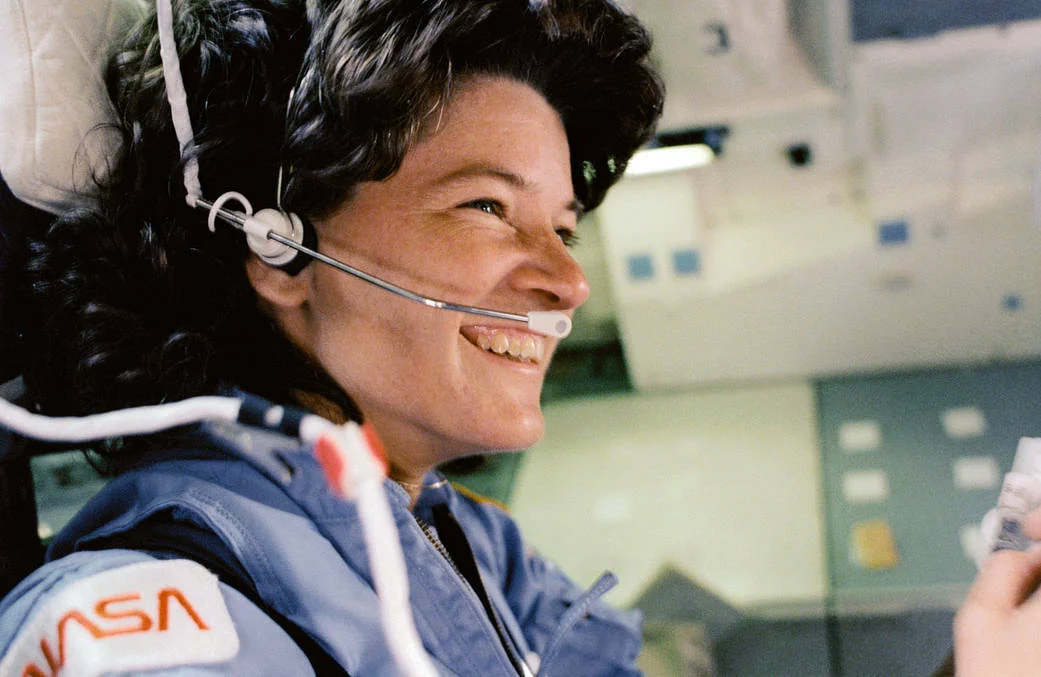
June 12- 1942: Anne Frank receives a diary for her 13th birthday. 1964: Nelson Mandela is taken to prison to begin serving his life sentence for a conviction on sabotage charges. He would serve 27 years until he was released in 1991. 1987: During a visit to West Berlin, Germany, President Ronald Reagan famously challenges his Soviet counterpart, “Mr. Gorbachev, tear down this wall!” 2010: “Toy Story 3” premieres at a film festival in Taormina, Italy. It would become the first animated film to earn $1 billion.
June 13- 1866: The US House of Representatives passes the XIV Amendment to the Constitution, extending civil rights, equal protection, and due process to all citizens in all states, including former slaves. 1920: The United States Postal Service bans the mailing of humans, in response to several publicized cases of children being sent through the USPS. 1922: Iowa farmer Charlie Osborn develops the hiccups, which will continue uninterrupted for 68 years. The condition ended in June of 1990, eleven months before his death in 1991 at the age of 97. 1971: The New York Times begins publishing “The Pentagon Papers,” classified military documents about the origins and development of the Vietnam War, supplied to the newspaper by anti-war activist Daniel Ellsberg.
June 14- 1922: President Warren G. Harding’s address, at a dedication ceremony for a Francis Scott Key memorial in Baltimore, MD, is broadcast nationally via radio, for the first time in history. 1940: The notorious Auschwitz camp is opened by the Nazis in Poland. 1982: Argentina surrenders to Great Britain, ending the 74-day Falklands Islands war. 2016: The territorial government of Queensland, Australia declares the Bramble Cay melomys to be extinct, the first mammal extinction linked directly to human-caused climate change.
June 15- 1215: England’s King John signs the Magna Carta, limiting royal authority and establishing the principal that kings and governments are not above the law. 1775: General George Washington appointed Commander-in-Chief of the Continental Army, one day after its creation. 1785: Two French balloonists die in the world’s first fatal aviation accident. 1940: German troops occupy Paris as French resistance crumbles in the face of the onslaught.
June 16- 1858: Accepting the Illinois Republican Party’s nomination for the US Senate, Abraham Lincoln famously declares, “A house divided against itself cannot stand.” 1884: The first US roller coaster, named “Switchback Railway,” opens at Coney Island in NY. 1909: Jim Thorpe debuts for the Rocky Mount Railroaders of the Eastern Carolina League. The $25 per week he earns will result in the forfeiture of his gold medals at the 1912 Olympic Games, although the medals would be restored sixty years later. 1944: 14-year-old George Stinney is executed in the electric chair (reportedly seated on a Bible to allow him to fit) in Columbia, SC. His murder conviction was vacated in 2014. He is the youngest person ever formally executed in the US.
June 17- 1837: Charles Goodyear obtains his first patent for rubber. 1856: The Republican Party opens its first National Convention in Philadelphia, PA. 1939: Convicted murderer Eugen Weidmann is the last man publicly executed by guillotine, in Versailles, France. 1962: Jack Nicklaus beats Arnold Palmer by three strokes in an 18-hole playoff at the US Open held at Oakmont Country Club outside Pittsburg, PA. It was Nicklaus’ first professional victory and the first of the record 18 major tournaments he would win during his storied career. 1971: Singer Carole King’s album “Tapestry” reaches #1 and remains for the ensuing 15 weeks.
June 18- 1812: The United States declares war against Great Britain. 1815: Napoleon is defeated at the Battle of Waterloo by British troops led by the Duke of Wellington. 1953: Martin Luther King, Jr. marries Coretta Scott at the bride’s home in Marion, AL. The groom’s father performs the ceremony. 1983: Sally Ride becomes the first American woman in space aboard the Space Shuttle Challenger.

On June 18, 1983, Sally Ride became the first American woman to fly in space when the space shuttle Challenger launched on mission STS-7.
NASA (Image: National Archives and Records Administration, 111-SC-320902.)








Facebook Comments